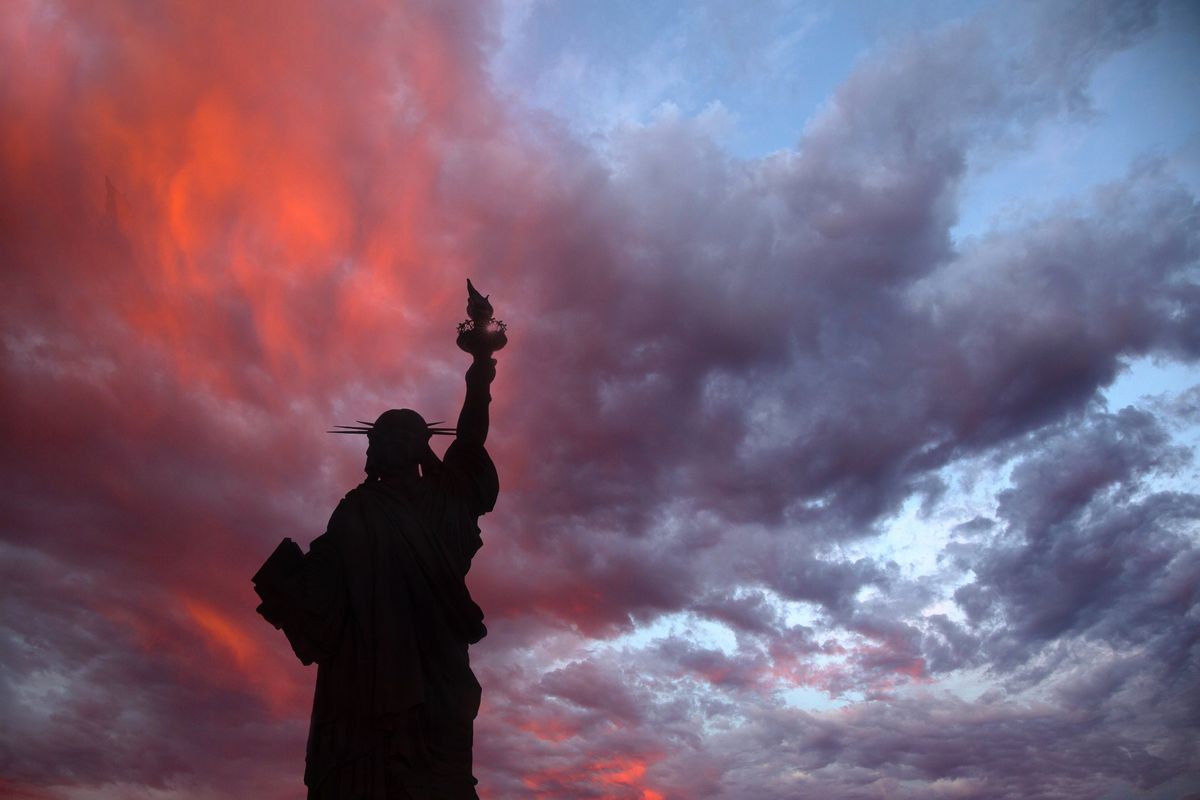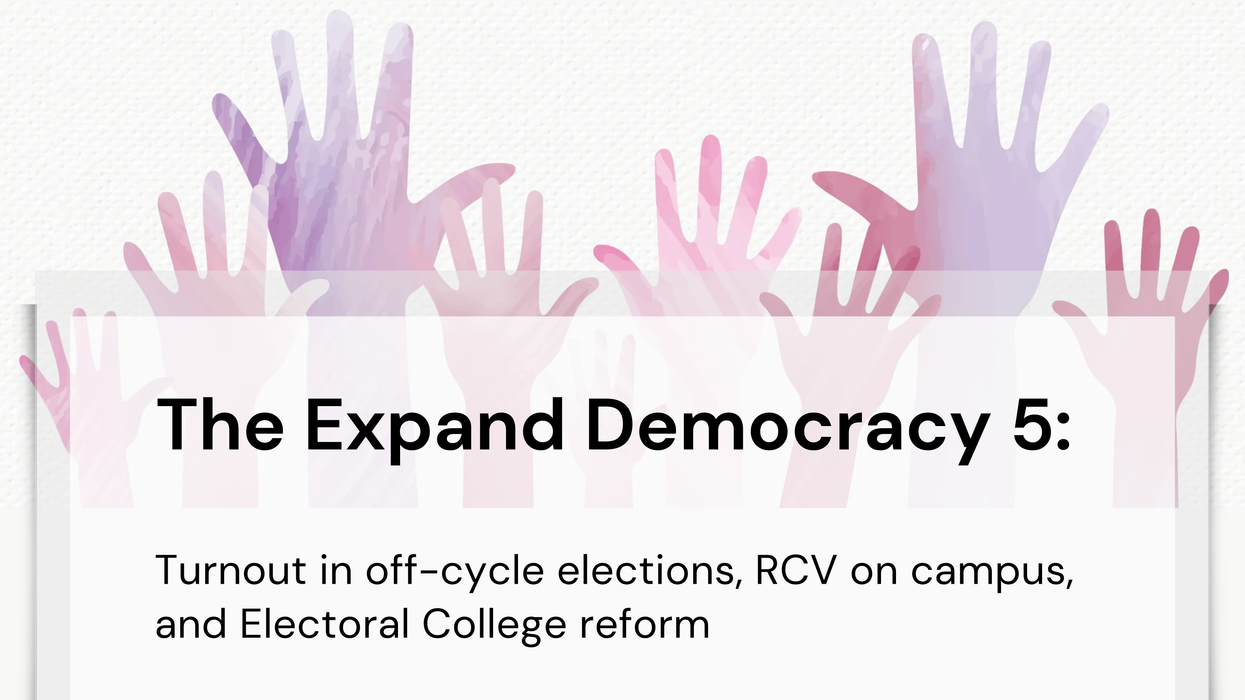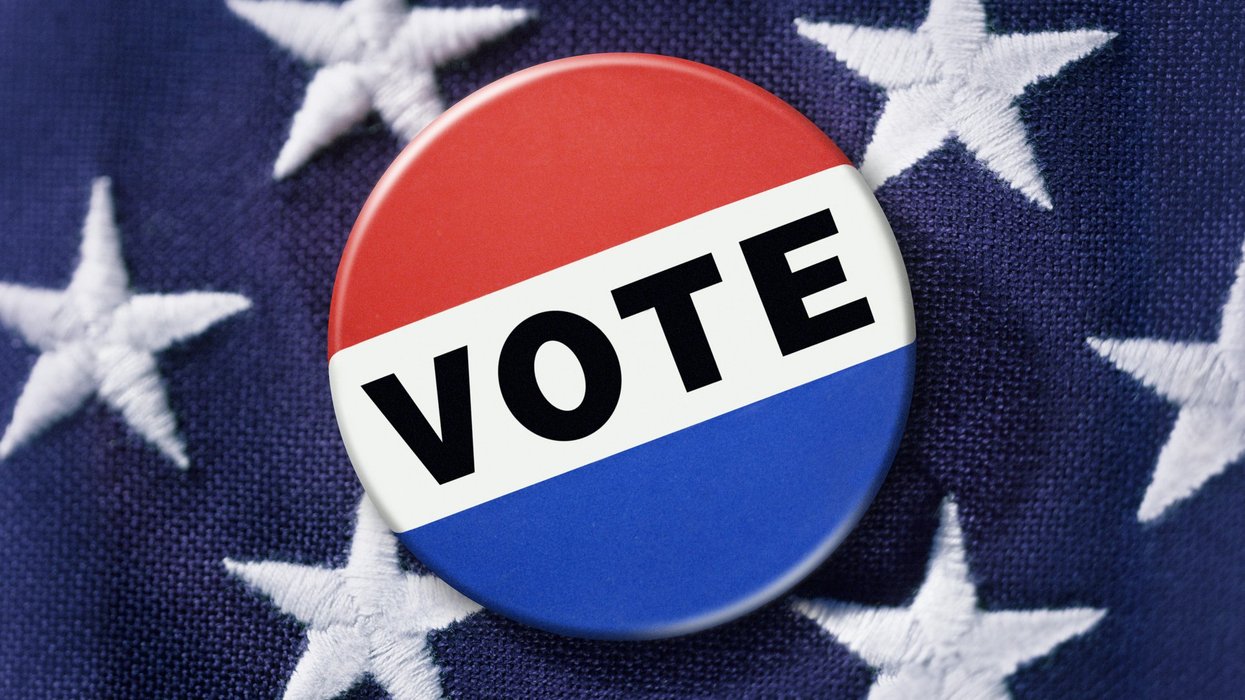Judges have no business stepping in when the agency in charge of enforcing campaign finance law decides not to, the federal appeals court in Washington has concluded.
Tuesday's decision by the U.S. Circuit Court of Appeals for the District of Columbia is a significant blow to advocates of tougher regulation of money in politics.
By leaving intact an earlier interpretation of the law, the judges have decide that federal courts will not second-guess the Federal Elections Commission when it decides not to sanction campaigns or outside groups for violating campaign finance laws – even when such a non-enforcement move is the consequence of a deadlock, not because of an affirmative choice.
"With this decision, @FEC has utterly lost its ability to enforce the law as foreign govts attack our elections, dark-money groups operate from the shadows, & super PACs run rampant. The law will now only be enforced when my obstructionist GOP colleagues deign to do so," tweeted FEC Chairwoman Ellen Weintraub, the sole Democrat on the commission, who said the court had effectively given more power to her Republican colleagues.
One GOP commissioner, Caroline Hunter, conceded as much to The Washington Post's Michelle Ye Hee Lee: "Although this decision reaffirms the Commission's longstanding authority to set its own enforcement priorities, the decision deals a blow to the so-called reformers' efforts to use the [FEC] as a partisan rubber stamp for their own agenda."
Sign up for The Fulcrum newsletter
Since February 2018, two of the six seats on the FEC have been vacant, and the four remaining commissioners have rarely found agreement. In order to make decisions, at least four commissioners must concur – requiring unanimity until more commissioners win Senate confirmation.
Citizens for Responsibility and Ethics in Washington sued the FEC after its 2015 decision not the punish a conservative dark money group called Commission on Hope, Growth and Opportunity, which spent almost $5 million on ads featuring dancing cartoon representations of Democratic candidates in 2010 but told the IRS that none of its spending was for political activities.




















